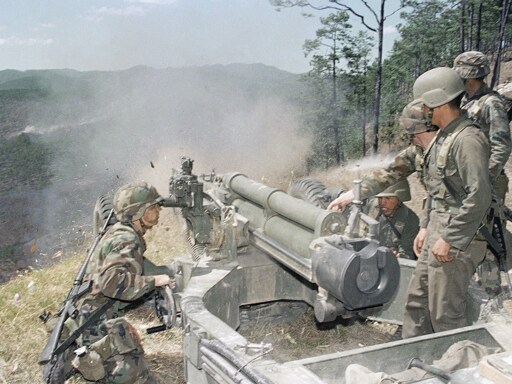Honduras has threatened to expel United States troops, retaliating against incoming President Donald Trump’s plans to carry out mass deportations of refugees and asylum seekers entering the US from Central America.
“In the face of a hostile attitude of mass expulsion of our brothers, we would have to consider a change in our cooperation policies with the United States, especially in the military field, where for decades, without paying a cent, they maintain military bases on our territory, which in this case would lose all reason to exist in Honduras,” she said in a Spanish statement broadcast on national television.
Soto Cano, which became operational in the 1980s to combat perceived communist threats in the region, hosts more than 1,000 US military and civilian personnel. It is also one of the few locations capable of landing large planes between the US and Colombia, apart from Guantanamo.
“The hypocrisy to say that they’re using it [Soto Cano] to fight drug trafficking when the US was shoring up, legitimating and pouring millions of dollars into the president of Honduras and his corrupt police and military,” Dana Frank, professor emerita of history at the University of California, Santa Cruz, told Al Jazeera.
Hondurans play a key role in the US economy, particularly in labour-intensive sectors. In the Francis Scott Key Bridge collapse in Baltimore in March 2024, one of the six construction workers killed was a Honduran national, while others were immigrants from Mexico, Guatemala, and El Salvador.
Trump has pledged swift deportations of undocumented immigrants, but his team has provided no concrete plans, leaving Latin American governments uncertain as they try to prepare.
To be sure, Soto Cano played a key role in the 1980s in the US-backed Contra War against Nicaragua and supported operations in El Salvador.
“It has a long and nasty history,” Frank noted, including its use during the 2009 military coup in Honduras, when removed President Manuel Zelaya’s plane refuelled there.
“The US military has been considering its withdrawal from Soto Cano for some time,” Olson said, adding that missions such as counter-narcotics and emergency response could be conducted from other locations.
“This will likely be spun into a broader anti-communist Cold War framework,” she said.


